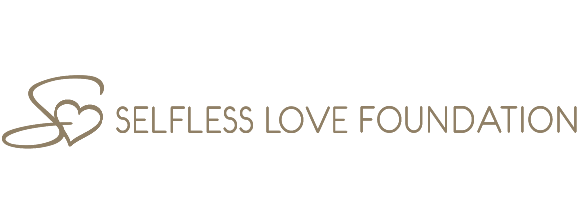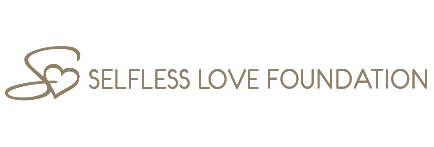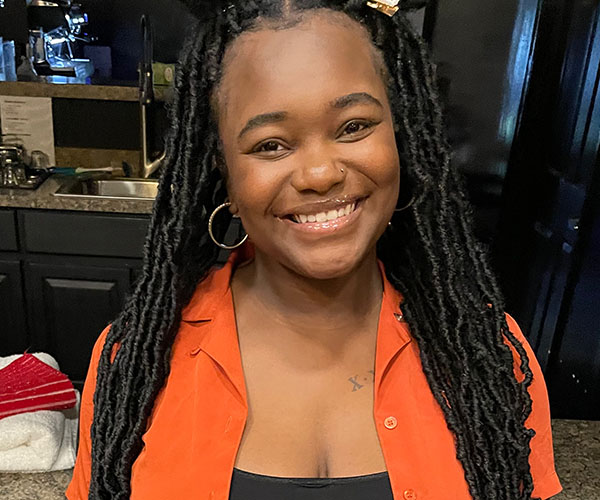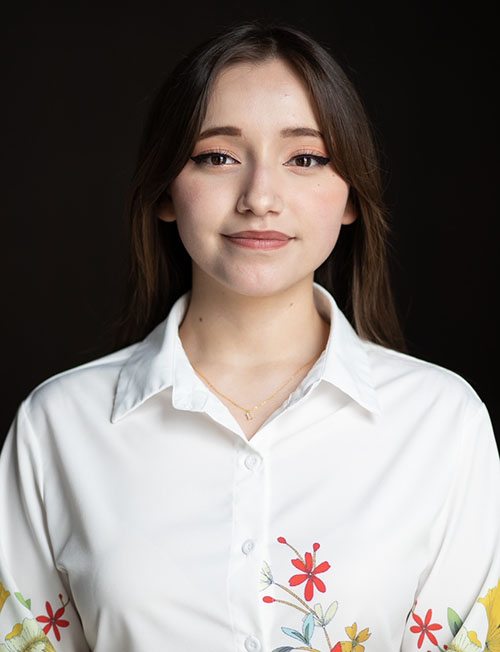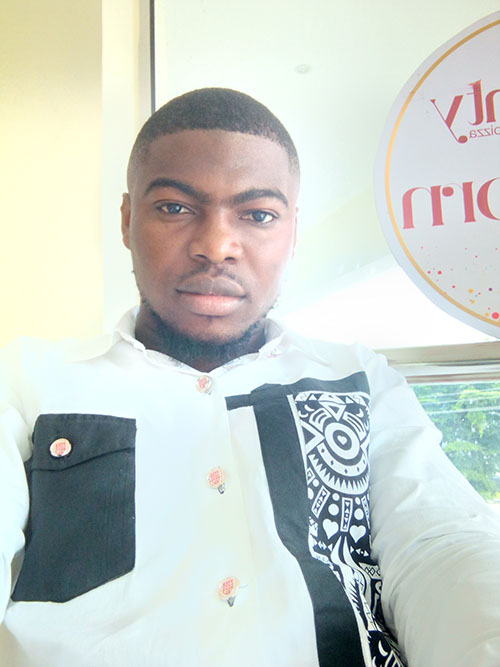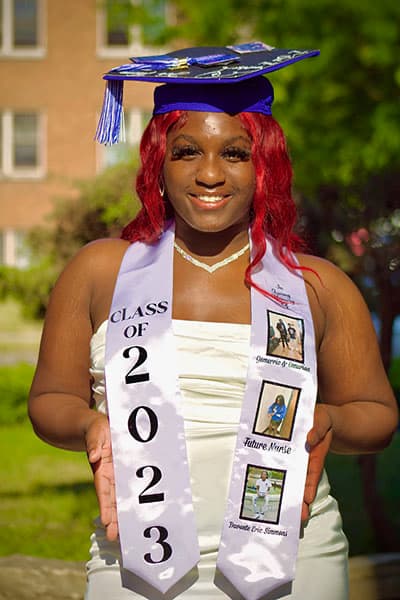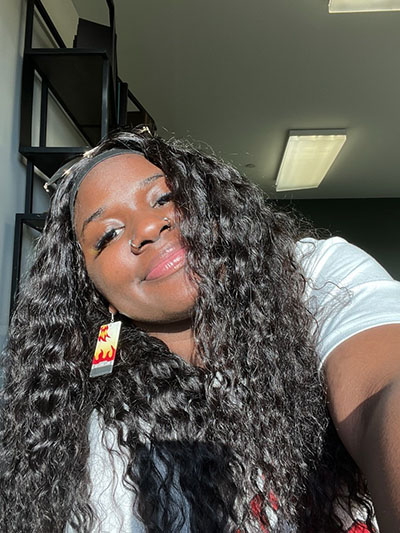
Tee M.
New York
Why? Why me? Why now? These were the questions that echoed in my mind, day in and day out, as I faced the harsh realities of life. As a teenager who had left the foster care system to reunite with my mother in a shelter, I had hoped for a better future. But little did I know that the journey ahead would be filled with abandonment, loneliness, and despair.
In the mirror each morning, I saw a face stained with tears – a constant reminder of the pain I carried. At 16 years old, I took on the role of a caretaker, burying my own trauma deep within, all while attempting to support my mother. It seemed as though the system, my family, and even a higher power had turned their backs on me.
School became my sanctuary, my escape from the harsh realities of my life. Amidst the poverty and struggle, I longed for knowledge and a way out of the cycle of generational poverty. But as the years passed, I began to realize that life had dealt me an unfair hand – I was meant to suffer.
At 17, I was filled with resentment towards life, convinced that happiness was not meant for someone like me. The trauma inflicted by my peers and the contrasting love of their families became unbearable. It was on one cold December morning, with frozen feet and a heart heavy with disappointment, that I finally gave up.
Entering my English class that day, the weight of my existence crushed me. I hid behind a book, seeking solace between its pages. Tears streamed down my face as I removed my wet shoes, desperately trying to warm my numb feet. The emotional floodgates burst open, and I cried, unable to contain the pain any longer.
Then, something extraordinary happened. My English teacher, noticing my distress, closed the door and approached me with genuine concern. Instead of asking if I was okay, she asked me what I needed. It was the first time someone acknowledged my pain without expecting a façade of strength. As she offered me a hug, my shattered spirit found solace in her embrace.
At that moment, I realized that it was okay to not be okay. It was okay to ask for help, to admit my vulnerability, and to lean on others. She became my guiding light, offering support both within and beyond the classroom. She helped with my senior dues, provided meals when hunger gnawed at me, and guided me through the transition to college.
Her mentorship extended far beyond academia. She nurtured my mental well-being, emphasizing the importance of self-care. With her unwavering support, I thrived and eventually pursued a master’s degree. Graduation day arrived, and as I prepared to celebrate, I had expected to stand alone, as adulthood often dictates.
But my guardian angel surprised me. She texted me, asking what I needed to make my big day truly memorable. She sent money and love, reaffirming her unwavering support. This incredible woman had been there for me since high school, never wavering or forgetting about me. She even remembered my birthday – a simple act that held immense significance for a former foster care youth.
In a world where negativity, disrespect, and injustice had been my constant companions, she remained my beacon of light. She taught me the power of seeking help and leaning on others when life becomes overwhelming. She was not only my teacher but also my friend, mentor, and guardian. She was my person – my 11th-grade English teacher, Ms. Z.
As I look back on my journey, I realize that her presence made all the difference. In a system that often fails its most vulnerable, she defied the odds and became my guardian angel. Today, I carry her lessons with me, knowing that true strength lies in our ability to ask for help and to offer support to those who need it most.
